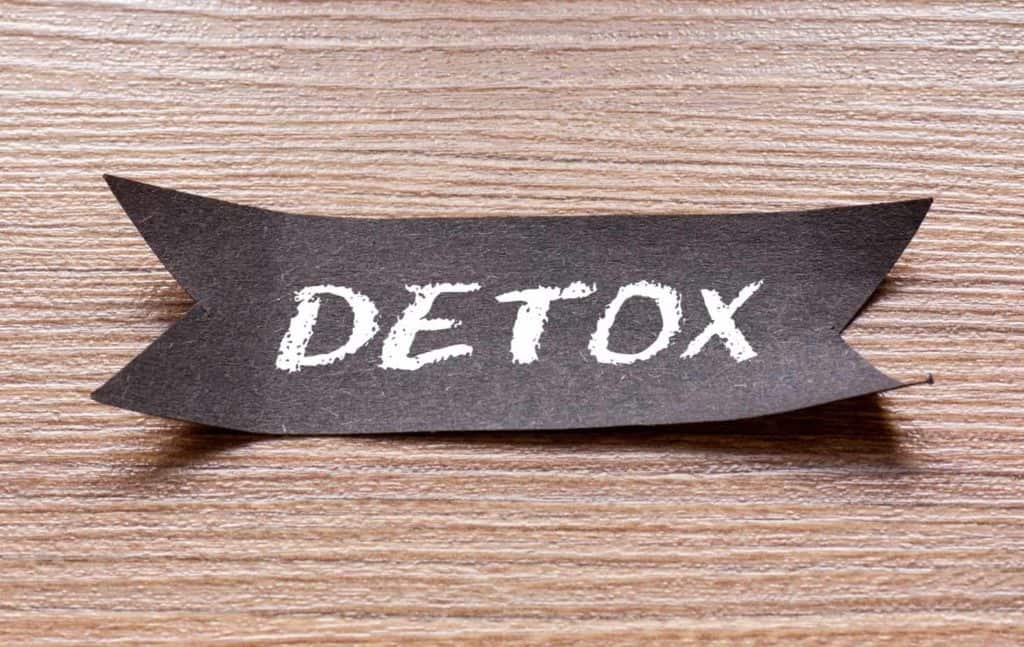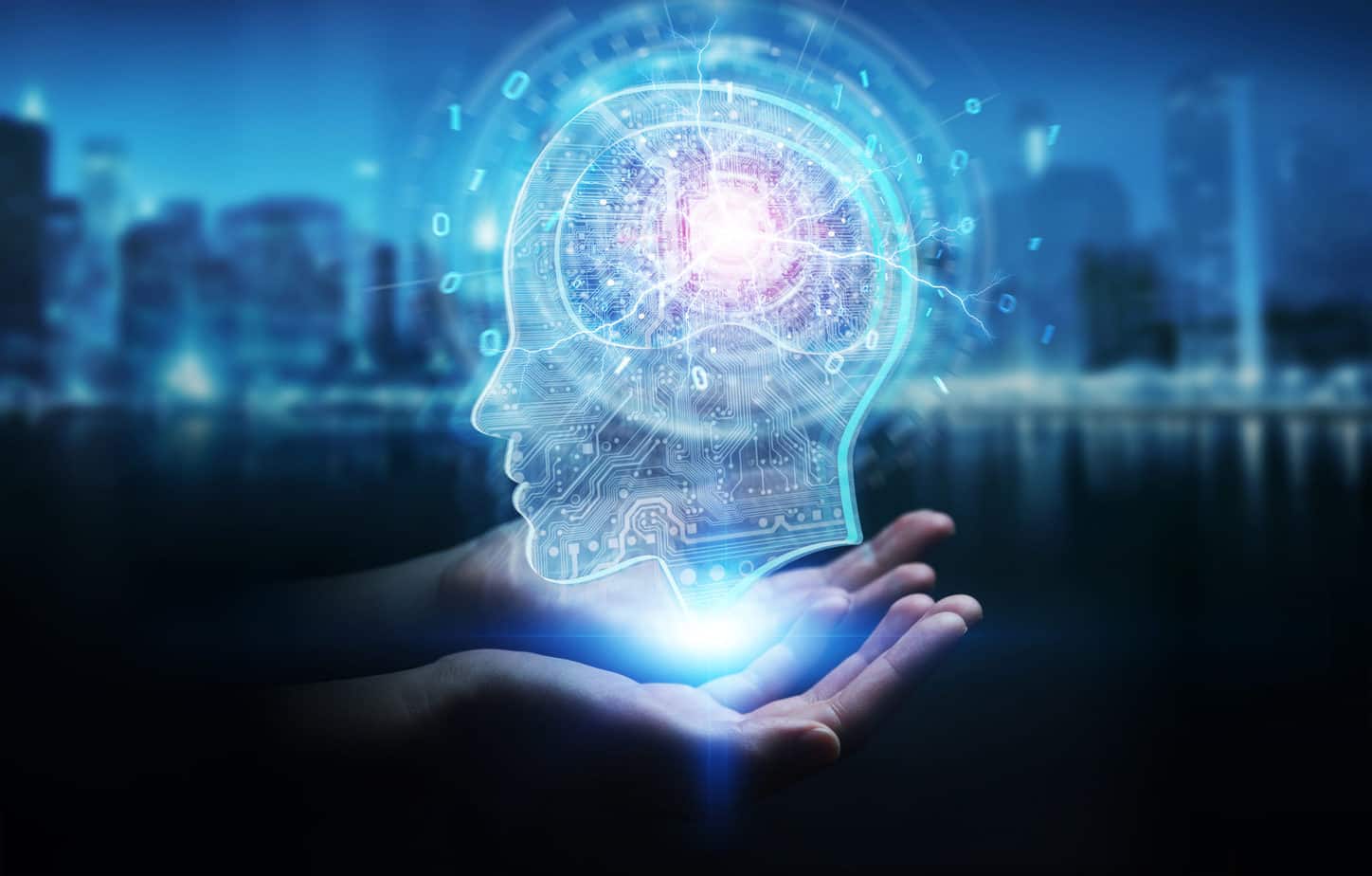What are the root Causes of Addiction?
Drug addiction is a chronic disease, people can’t simply stop using drugs for a few days and be cured. Most clients need long-term or repeated care to stop using completely and recover their lives. According to logical research since the mid-1970s, the following fundamental principles should form the basis of any effective treatment program for drug addiction[1], and on the other aspect of Alcohol addiction.
Understanding root Causes of Addiction. Social Model of Addiction treatment.
The social model of addiction recovery has been seen in programs like Alcoholics Anonymous (AA), where mutual self-help is promoted to stay sober and distinguish the root causes of addiction. Generally, people struggling with alcoholism or addiction often lack social support. In the absence of that support from a social network, their addiction can lead to unraveling their lives and sometimes homelessness. Long ago, AA recognized that alcoholics struggling with sobriety needed more social support and the guidance provided by shared experiences. This model of addiction offers a variety of benefits that increases patients’ chances of achieving long-term sobriety.
The social model of addiction is a form of substance abuse therapy that utilizes peer support and socialization. Neurochemistry has helped us gain a better understanding of addiction and its causes. This has allowed us to create efficient and functional treatment approaches to combat this disease from different angles. One factor we’ve discovered with the help of neuroscience is the role that social interactions play in addiction.
We rely heavily on group interactions and our connections with others. As a result, we learn to improve our social skills and structure from a young age, including various rewards and penalties. Severe substance misuse disorders can rewire these reward signals in the brain, redirecting our instincts and natural social trends. Thus, looking at addiction from a social and biological standpoint allows us to create structured yet flexible addiction therapy programs.
The social learning model of addiction allows us to help our patients understand addiction from a biological standpoint. Knowing that addiction goes beyond a choice or habit can alleviate the shame, guilt, and discomfort that many addicts in recovery experience. The social model of drug addiction and alcoholism is usually performed in group settings to help promote positive and permanent changes in behavior for long-lasting sobriety. The We Level Up substance abuse center network offers a variety of addiction therapies held in group settings and applies the social model of addiction.
Get Help. Get Better. Get Your Life Back.
Searching for Accredited Drug and Alcohol Rehab Centers Near You?
Even if you have failed previously and relapsed, or are in the middle of a difficult crisis, we stand ready to support you. Our trusted behavioral health specialists will not give up on you. When you feel ready or just want someone to speak to about therapy alternatives to change your life call us. Even if we cannot assist you, we will lead you to wherever you can get support. There is no obligation. Call our hotline today.
(844) 597-1011What are some causes of alcohol addiction?
The researchers examined data from a subset of participants in recovery from liquor problems and were enrolled in the National Recovery Study, a survey of non-institutionalized US adults. Researchers assessed recovery by asking participants about previous issues with alcohol, if they had participated in outpatient, inpatient, or residential treatment, and if they had attended mutual-help programs frequently.
The survey also included other background questions about life achievements related to self-improvement, family engagement, and civic and economic participation. A total of 2,002 participants were included in the final analyses. In addition to more significant measures of self-esteem, happiness, quality of life, and recovery capital, the researchers found that higher education levels and participation in 12-step programs were related to higher numbers of reported achievements, suggesting that these could be factors associated with sustained recovery.
The research verdicts suggest that despite the stigma and barriers faced by individuals with alcohol and other substance use disorders, they can recover and go on to experience significant life achievements and make valuable contributions to society. While this research provides essential information about how personal successes are linked to recovery, much is still learned.
For example, since the design included data from only a one-time point in recovery, future long-term studies querying participants at different points along their recovery journey could give more direct insight into how the progression of personal achievements affects recovery progression and longevity. Future studies could also delve deeper into other personal achievements not addressed here and establish a broader understanding of how personal success allows for an accumulation of recovery capital to support long-term recovery[2].

Get Your Life Back
Find Hope & Recovery. Get Safe Comfortable Detox, Addiction Rehab & Dual Diagnosis High-Quality Care.
Hotline(844) 597-1011Causes of Addiction plus Social Model of Addiction Treatment Benefits
Detox and substance-specific addiction treatment aren’t enough for long-term sobriety. Therefore, the social learning model of addiction and intervention is a crucial aspect of treating severe substance abuse disorders.

The Root Causes of addiction can be addressed via a social model of addiction through a variety of benefits:
- Promotes peer support and community with others in recovery
- Encourages permanent changes in attitude regarding treatment completion
- Emphasizes the importance of establishing a strong support system outside of rehab
- Highlights the need to make changes in routines and schedules after rehab to sustain sobriety
- Teaches patients new hobbies, skills, and behaviors that help those living in recovery
- Increases patients’ motivation and confidence
- Prepares patients for life after rehab
When used in conjunction with other treatment programs and addiction therapies, the social model of substance abuse treatment can help patients permanently change their lives for good.
Root Causes of Addiction From a Biological & Social Perspective via the lens of Social Model of Addiction
Considering addiction from a biological and social perspective allows more flexibility and individuality in our treatment regimens. When we look at the reward circuits in the brain, we can see rehab from beyond the medical model of “it is a disease” or the psychological model of “it is a bad habit.” Having our patients understand the biological causes of addiction can relieve a lot of guilt for the addict. At the same time, it also allows the patient to train their rational mind to think beyond their addiction. Performing this exercise in a social setting can help foster permanent behavioral modification that will make sobriety last a lifetime.
Using this mental technique in a social setting is a great tool for many recovering addicts. Having a support network of peers, coupled with trained professionals, can help guide the treatment for alcoholism or drug abuse towards a successful goal of sobriety. In addition, a community-based treatment program helps people view their progress as a lifelong learning process based on permanent changes in various aspects of life.
First-class Facilities & Amenities
World-class High-Quality Addiction & Mental Health Rehabilitation Treatment
Rehab Centers TourRenowned Addiction Centers. Serene Private Facilities. Inpatient rehab programs vary.
Addiction Helpline(844) 597-1011Proven recovery success experience, backed by a Team w/ History of:
15+
Years of Unified Experience
100s
5-Star Reviews Across Our Centers
10K
Recovery Success Stories Across Our Network
- Low Patient to Therapist Ratio
- Onsite Medical Detox Center
- Comprehensive Dual-Diagnosis Treatment
- Complimentary Family & Alumni Programs
- Coaching, Recovery & Personal Development Events
Importance of Addiction Neurochemistry

Neuroscience has added a great depth of understanding about the root causes of addiction and their effect on neuro pathways in the brain. New health care technology has allowed us to examine the patterns in the brain in real-time. In addition, neurochemistry has helped us examine principles related to various treatment techniques for substance abuse. These recent advancements have helped us understand the innate nature of addiction and its effects on the biology of the human brain.
Science can now help us understand a complex combination of biological and psychosocial causes of addiction & their reinforcement mechanisms that contribute to a substance abuse problem. We can find statistically effective techniques to treat addiction and other mental health issues with this depth of knowledge. Humans have evolved as social creatures.
Starting at a very young age, we are inherently tied to our social atmosphere. Our social structure has an inherent system of rewards and punishments. A complex substance abuse problem can rewire these reward signals in the brain, thus throwing our evolutionary instincts out of balance. The information we have gathered in the scientific and medical community compels us to dig deeper into understanding addiction treatment programs and their potential effectiveness.
Root causes of drug addiction & corresponding treatment programs
The social model of recovery from addiction has become one of the most prevalent treatments used in a modern rehab center today. The social model focuses heavily on people helping people through their recovery and rehabilitation from some form of substance abuse. These social principles were rooted in Alcoholics Anonymous (AA) and other social programs focused on curing alcoholism or drug abuse. The social model for recovery is beneficial because it can help explain the causes of addiction while building self-esteem, confidence, and other key skills for a person trying to live a life of sobriety.
Drug and alcohol treatment programs that use a social model will teach the patient how to change their attitudes, beliefs, values, habits, routines, and behaviors in conjunction with sober living principles. These skills are essential to first understand the causes of addiction. And thereafter, provide confidence as the patient prepares to reintegrate into the outside world after their time at an inpatient rehab facility. In addition, a social model to recovery is best suited to prepare patients on what to expect once they begin to encounter the triggers and stresses of day-to-day life without relying on drugs or alcohol to cope.
Long-term success is greatly increased through spending time with other individuals who are also recovering. Since we are social animals, group therapy sessions are quite beneficial as they offer a therapeutic, home-like community setting instead of a cold, institutionalized hospital setting. Healing as a community helps us rewire our brains in a way that one on one treatment cannot quite accomplish on its own.

World-class, Accredited, 5-Star Reviewed, Effective Addiction & Mental Health Programs. Complete Behavioral Health Inpatient Rehab, Detox plus Co-occuring Disorders Therapy.
CALL(844) 597-1011End the Addiction Pain. End the Emotional Rollercoaster. Get Your Life Back. Start Drug, Alcohol & Dual Diagnosis Mental Health Treatment Now. Get Free No-obligation Guidance by Substance Abuse Specialists Who Understand Addiction & Mental Health Recovery & Know How to Help.
Cognitive Behavioral Therapy & Relapse Prevention of Social Model of Addiction
Cognitive-behavioral therapy and relapse prevention are enhanced within a social model of recovery. When a chemical dependency has shaped a portion of an addict’s life, they need to seek ongoing outpatient treatment services. Regular attendance to group therapy sessions or meetings within a 12-step program is strongly encouraged. These sessions serve to hold the individual accountable for their recovery and instill much-needed confidence and self-esteem as they see others who can succeed. These social activities will help them grow into their newfound sobriety by reinforcing a drug-free lifestyle. Attending social gatherings with other addicts in recovery can enhance the patient’s ongoing efforts to maintain their recovery.
At We Level Up, we educate clients on the root cause of addiction so they can better manage their recovery. We employ a combination of treatment tools integrated into your life as we focus on healing the whole person. We all help empower each other as you experience one of the greatest struggles in your life. The social model of addiction has become one of the most prevalent forms of addiction treatment used in rehab centers like our addiction rehabs in Florida and New Jersey. As a community, we stand stronger together. Make this your opportunity to reclaim your life and face and battle your causes of addiction. Call today to speak with one of our professionals. Our specialists know what you are going through and will answer any of your questions.
Your call is private and confidential, and there is never any obligation.
Experience Transformative Recovery at We Level Up Treatment Centers.
See our authentic success stories. Get inspired. Get the help you deserve.
Start a New Life
Begin with a free call to an addiction & behavioral health treatment advisor. Learn more about our dual-diagnosis programs. The We Level Up Treatment Center Network delivers recovery programs that vary by each treatment facility. Call to learn more.
- Personalized Care
- Caring Accountable Staff
- World-class Amenities
- Licensed & Accredited
- Renowned w/ 100s 5-Star Reviews
We’ll Call You
Sources
[1] NIDA – Treatment Approaches for Drug Addiction DrugFacts | National Institute on Drug Abuse (NIDA)
[2] NIAAA – Life achievements linked to a sustained recovery in nationally representative survey | National Institute on Alcohol Abuse and Alcoholism (NIAAA) (nih.gov)
NMLS – https://www.news-medical.net/news/20190701/Study-highlights-secondhand-effects-of-drinking.aspx
CASA – http://www.columbia.edu/cu/norml/cproject.html


